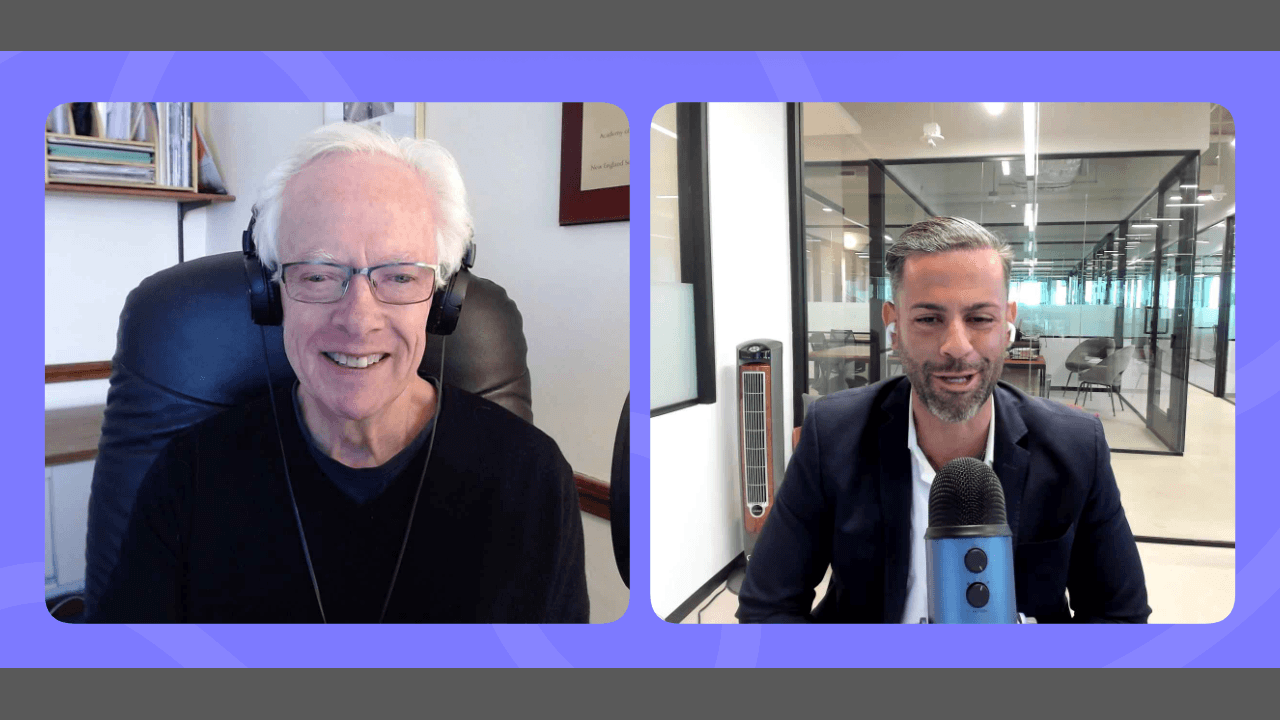Time By Ping, a company whose product is designed to help lawyers break free from timekeeping and get back hours in their day, has raised $36.5 million in a Series B funding round, bringing its total funding to $55 million.
Just ahead of today’s announcement, I sat down with Ryan Alshak, cofounder and CEO, for an exclusive LawNext podcast interview about the funding round, the company’s history, and its vision for the future of timekeeping. (Listen in the player above.)
Today’s financing was led by ACME Capital, an early-stage venture capital firm whose portfolio includes well-known names such as AirBnB, Draft Kings, Robinhood, Slack, SpaceX and Uber, and Anthos Capital, a growth-stage VC fund. Also participating were existing investors Upfront Ventures, Initialized Capital and The House Fund. Marc Benioff’s TIME Ventures and Gokul Rajaram also joined the round.
“The most disruptive companies change the way we live, learn and work,” said Scott Stanford, cofounder and partner at ACME Capital. “With time automation, TBP has the potential to measure, analyze and unlock the most valuable non-renewable resource in the universe.”
Learning the Power of Time
The timing of today’s news feels somewhat karmic to me. Tomorrow, I will be moderating the sixth-annual Startup Alley pitch competition at ABA TECHSHOW. As it turns out, Time By Ping was a contestant in the very first Startup Alley in 2017. In fact, not only was it a contestant, it was that year’s winner.
But what I did not know about Alshak in those early years was that, even as he was confronting the challenge of launching and building his startup, he was confronting a parallel challenge in his personal life. His mother was battling a brain tumor. He would go from pitch meetings to hospital bedside, from arriving in London for the MDR Lab incubator to hurriedly boarding a flight back to the U.S. as his mother’s health worsened.
The ups and downs Alshak went through during that period are reflected in two events that occurred within weeks of each other. On May 30, 2018, Ping celebrated the official close of its seed round, raising $3.7 million in financing. Three weeks later, on June 21, 2018, Alshak’s mother succumbed to cancer.
He shares this story in a moving essay he published in 2018, Life is not waiting for the storm to pass, it’s learning how to dance in the rain.
Finding His Company’s Mission
Yet, as Alshak explains in our LawNext interview, out of that personal tragedy, he found inspiration for the true mission of his company.
“What I came to realize is that she taught me the power of time, and that a minute with her was worth a million minutes doing anything else,” he told me. “And, when I thought about what we were building, that’s really what resonated with me, was that we’re giving back people time, and they get to go be with their moms or their spouse or their kids. And that’s what the company’s about, and that’s why we’re here.”
Alshak was a corporate lawyer before he and cofounder Kourosh Zamani, now chief operating officer, started the company in 2016. Not long after that 2017 Startup Alley win, Alshak and Zamani moved to London for the summer to participate in the MDR Lab incubator run by the law firm Mishcon de Reya. The firm ultimately signed on as Ping’s first enterprise client and also became an investor.
From there, the company raised that 2018 seed round and another $13.2 million in Series A funding in 2019. Today, it counts among its customers some of the largest global law firms in the U.S. and U.K.
With this latest infusion of capital, Time By Ping said it will use the funds to strengthen its leadership position in the legal market while expanding into other professional services segments burdened by manual timekeeping, starting with accounting, where it has recently engaged a major firm.
It will also accelerate product and AI development and expand its headcount in engineering, sales, and customer success.
 Robert Ambrogi Blog
Robert Ambrogi Blog